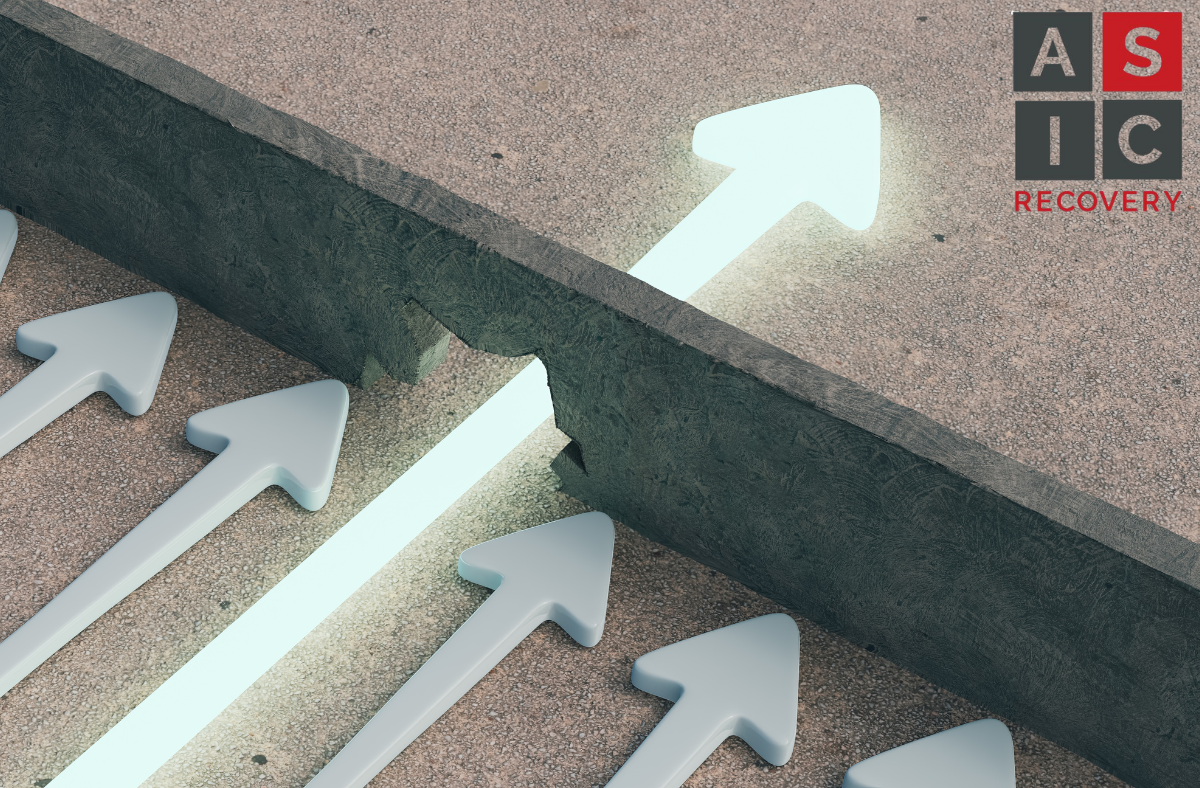The journey to recover from alcohol addiction is multifaceted and deeply personal, requiring a comprehensive treatment plan that addresses both the physical and psychological aspects of dependency. Alcohol addiction, if left untreated, can have devastating effects on an individual’s health, relationships, and overall quality of life. It can lead to long-term health issues such as liver disease, cardiovascular problems, neurological damage, and numerous other medical complications. Beyond the physical toll, alcohol addiction can severely impact mental health, leading to increased risks of depression, anxiety, and other emotional disorders. The societal implications, including loss of productivity, familial breakdowns, and increased crime rates, underscore the urgent need for effective treatment interventions.
At ASIC Recovery, we recognize the critical nature of timely and effective treatment for those battling alcohol addiction. Located in the heart of Fort Worth, our treatment facility offers a supportive environment where individuals from all walks of life can find refuge and a path to recovery. Our programs are designed not only to alleviate physical alcohol dependence but also to address the underlying emotional and psychological triggers that contribute to addiction.
Why Treatment is Essential
Treatment for alcohol addiction is crucial for several reasons. Firstly, it helps prevent the long-term health complications associated with chronic alcohol use. Secondly, effective treatment plans can mend the psychological wounds of addiction, helping individuals rebuild their mental and emotional health in a supportive setting. Moreover, treatment plays a vital role in restoring personal relationships and societal roles that may have been damaged due to addictive behaviors.
ASIC Recovery’s Approach to Alcohol Recovery
At ASIC Recovery, our holistic and personalized approach ensures that each client receives the care that best suits their needs. We understand that the path to recovery is not the same for everyone, hence our diverse range of therapies and structured programs, including:
Each of these programs is designed with the understanding that recovery is a progressive and enduring journey. At ASIC Recovery, we are committed to guiding each client through the recovery process and providing them with the tools and support necessary to reclaim control over their lives and achieve long-lasting sobriety.
If you or someone you know is struggling with alcohol addiction, reach out to ASIC Recovery today. Let us help you begin your journey to a healthier, more fulfilling life free from alcohol dependency.


Why ASIC Recovery is Your Best Choice for an Alcohol Recovery Program in Texas
At ASIC Recovery, we understand that the path to recovery from alcohol addiction is not linear but a journey of continuous growth and adaptation. Our variety of structured treatments and timelines are designed to meet you wherever you are in your recovery process. With our experienced team and proven therapies, ASIC Recovery is committed to providing the highest level of care and support to ensure you recover and thrive.
If you or a loved one is struggling with alcohol addiction, don’t hesitate to reach out. Contact ASIC Recovery today to start your journey toward a healthier, alcohol-free life. Let us help you find the program that fits your needs and set you on the path to recovery.



